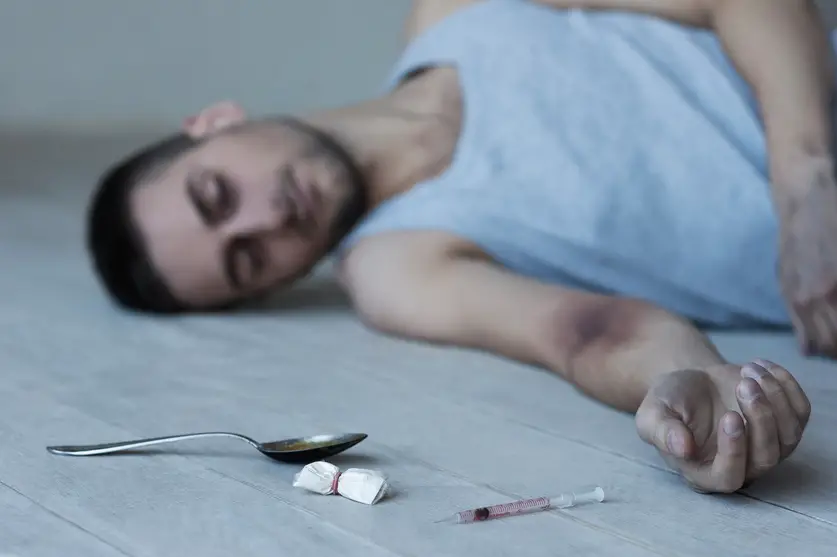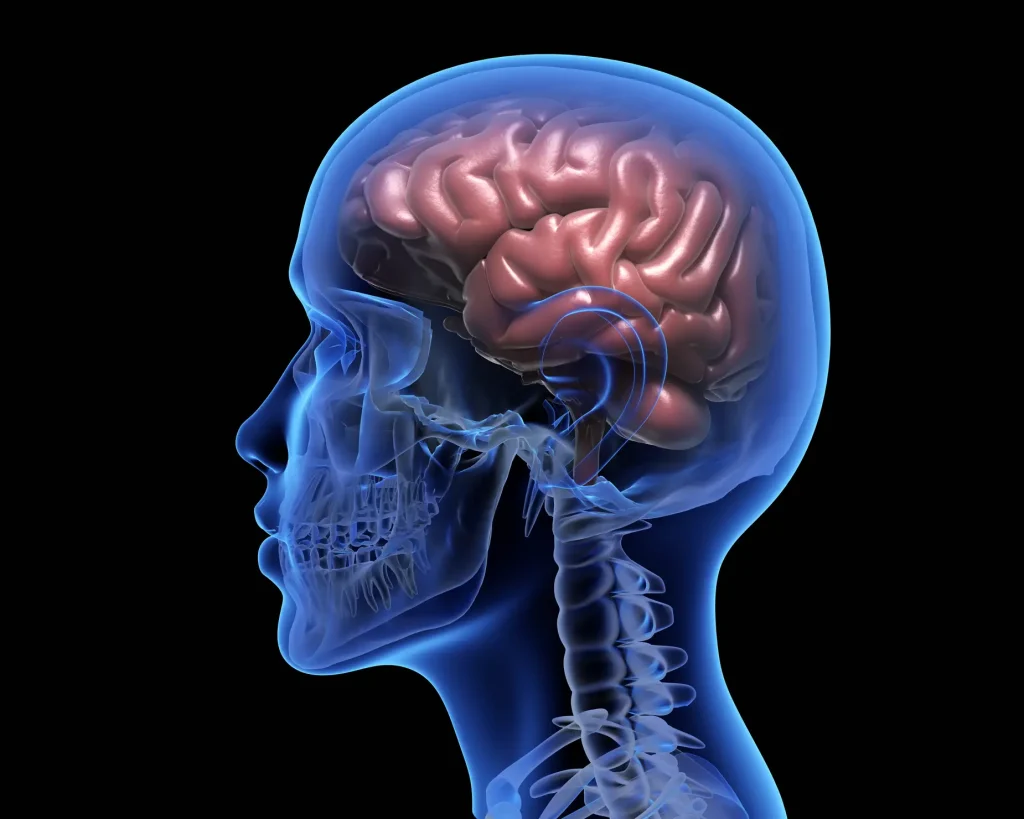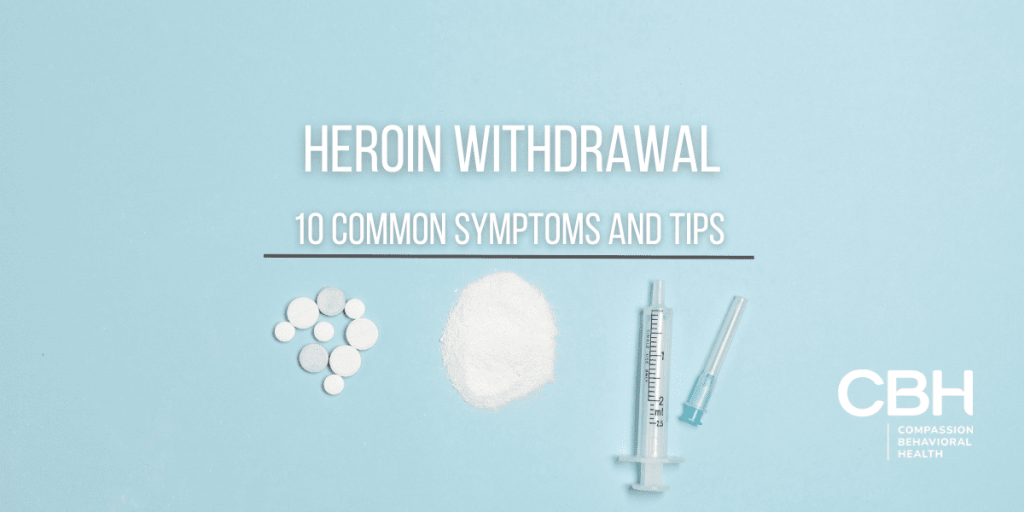Withdrawal from heroin can be a challenging and intimidating experience. However, with the right guidance and strategies, it is possible to navigate this difficult phase and emerge victorious on the path to recovery. In this comprehensive guide, we will delve into the science behind heroin dependence, discuss common withdrawal symptoms, explore the importance of preparation, examine medical approaches, and explore coping mechanisms to help you successfully manage heroin withdrawal. Finally, we will discuss ways to maintain sobriety in the post-withdrawal phase.
Understanding Heroin Withdrawal
Before delving into the management strategies, it is crucial to understand the science behind heroin dependence. Heroin, an opioid, attaches to opioid receptors in the brain, resulting in a flood of artificial endorphins and a euphoric high. Over time, the brain becomes dependent on the drug to experience pleasure and function normally. When heroin use is abruptly discontinued, the brain struggles to regulate neurotransmitters, leading to a range of physical and psychological withdrawal symptoms.
Heroin withdrawal is a complex process that involves various physiological and psychological changes within the body. Understanding the science behind heroin dependence can shed light on the challenges individuals face when trying to overcome addiction.

The Science Behind Heroin Dependence
Heroin binds to opioid receptors located in the brain, spinal cord, and gastrointestinal tract. These receptors play a crucial role in the regulation of pain, reward, and pleasure. When heroin enters the body, it quickly crosses the blood-brain barrier and attaches to these receptors, triggering a cascade of chemical reactions.
With continued heroin use, the brain adjusts its natural chemical balance, requiring more of the drug to achieve the same effect. This phenomenon is known as tolerance. As tolerance develops, individuals may find themselves needing higher doses of heroin to experience the desired euphoria. This increase in dosage puts them at a greater risk of developing dependence.
When heroin is no longer consumed, the brain struggles to restore balance, resulting in withdrawal symptoms. The sudden absence of the drug disrupts the delicate equilibrium of neurotransmitters, leading to a cascade of physiological and psychological changes.

10 Common Symptoms of Heroin Withdrawal
The severity and duration of withdrawal symptoms vary from person to person. While some individuals may experience mild symptoms, others may face more intense challenges during the withdrawal process.
6 Common physical withdrawal symptoms
1. Intense cravings
The brain’s dependence on heroin leads to intense cravings for the drug, making it difficult for individuals to resist the temptation to use it again.
2. Body aches
Muscular and joint pain are common during heroin withdrawal. The body may feel sore and achy as it adjusts to functioning without the drug.
3. Insomnia
Difficulty falling asleep or staying asleep is a common symptom of heroin withdrawal. The brain’s disrupted neurotransmitter balance can lead to sleep disturbances.
4. Restlessness
Feelings of restlessness and an inability to sit still are often experienced during withdrawal. The body may feel agitated and uneasy.
5. Nausea and vomiting
Gastrointestinal disturbances, such as nausea and vomiting, are common during heroin withdrawal. The body’s digestive system may struggle to function properly without the drug.
6. Diarrhea
Loose stools and frequent bowel movements are other common symptom of heroin withdrawal. The digestive system may become hyperactive as it adjusts to the absence of the drug.
4 Common Psychological Symptoms
In addition to physical symptoms, heroin withdrawal can also cause a range of psychological symptoms.

1. Anxiety
Feelings of unease, worry, and nervousness are common during withdrawal. The brain’s disrupted chemical balance can lead to heightened anxiety levels.
2. Irritability
Individuals going through heroin withdrawal often experience irritability and a short temper. The brain’s adjustment process can make it challenging to regulate emotions.
3. Depression
Feelings of sadness, hopelessness, and a lack of interest in previously enjoyed activities can occur during withdrawal. The brain’s neurotransmitter imbalances can contribute to these depressive symptoms.
4. Mood swings
Rapid and unpredictable changes in mood are common during heroin withdrawal. Individuals may experience intense highs and lows as their brain chemistry stabilizes.
It is important to note that withdrawal symptoms can be both physical and psychological, making it essential to address both aspects during the recovery process. By understanding the science behind heroin dependence and the range of symptoms that can arise during withdrawal, individuals and healthcare professionals can develop comprehensive strategies to manage and overcome addiction.
Preparing for Withdrawal

Preparing yourself mentally and physically for the withdrawal process can significantly impact your success. By adopting effective mental and physical preparation techniques, you can strengthen your resolve and minimize discomfort during this challenging period.
Mental Preparation for Withdrawal
As you embark on your journey to recovery, it is important to mentally prepare yourself for the withdrawal phase. Educate yourself about the process and what to expect, as knowledge can alleviate anxiety and fear. Surround yourself with a positive support system of friends, family, or support groups who understand and can provide encouragement during difficult times. Additionally, consider seeking professional help from therapists or addiction counselors who can provide tailored guidance to facilitate your success.
During the mental preparation phase, it can be helpful to engage in mindfulness practices such as meditation or deep breathing exercises. These techniques can help you stay present and manage any overwhelming emotions that may arise during withdrawal. Journaling can also be a beneficial tool for self-reflection and processing your thoughts and feelings throughout the process.
Physical Preparation for Withdrawal
Prior to withdrawal, it is essential to ensure your physical health is in the best possible state. Focus on maintaining a balanced diet, staying hydrated, and getting regular exercise. Engaging in physical activities such as yoga, jogging, or swimming can boost endorphin levels and improve your overall well-being. Adequate sleep is also crucial, as fatigue can exacerbate withdrawal symptoms.

In addition to these general physical preparation techniques, it is important to consult with a healthcare professional to address any specific health concerns you may have. They can provide guidance on managing any pre-existing conditions or medications that may interact with the withdrawal process.
Furthermore, incorporating relaxation techniques into your daily routine can help alleviate physical tension and promote a sense of calm. This can include practices such as taking warm baths, practicing progressive muscle relaxation, or using aromatherapy.
Remember, physical preparation is not just about the days leading up to withdrawal but also about maintaining a healthy lifestyle throughout your recovery journey. By prioritizing self-care and making positive choices, you can support your body’s natural healing processes and increase your chances of a successful withdrawal.
Medical Approaches to Heroin Withdrawal
Adopting medical approaches to manage withdrawal can significantly increase your chances of success. Two widely used strategies are Medication-Assisted Treatment (MAT) and inpatient or outpatient detox programs.

Medication-Assisted Treatment (MAT)
MAT combines medications with counseling and behavioral therapies to address both the physical and psychological aspects of addiction. Medications such as methadone, buprenorphine, and naltrexone can reduce cravings, alleviate withdrawal symptoms, and deter relapse. These medications are administered under close medical supervision and combined with therapy to ensure a holistic approach to recovery.
Inpatient and Outpatient Detox
Inpatient and outpatient detox programs provide structured environments for individuals to manage withdrawal symptoms under medical supervision. Inpatient detox is typically recommended for severe cases, while outpatient detox allows individuals to receive treatment while maintaining their regular daily routines. Both options offer medical support, counseling, and a range of therapeutic activities that aid in the recovery process.
Coping Mechanisms for Heroin Withdrawal
During the withdrawal phase, adopting effective coping mechanisms can help alleviate discomfort and improve your mental and physical well-being.
Mindfulness and Meditation Techniques

Practicing mindfulness and meditation techniques can have a significant impact on managing withdrawal symptoms. Techniques such as deep breathing exercises, guided meditation, and visualization can calm the mind, reduce anxiety, and promote overall relaxation. Consider enrolling in mindfulness-based stress reduction programs or exploring smartphone applications dedicated to meditation and stress management.
Physical Exercise and Withdrawal

Engaging in physical exercise during withdrawal can have multiple benefits. Exercise releases endorphins, triggering a natural high and reducing withdrawal symptoms. It also serves as a healthy distraction, diverting your attention away from cravings and negative thoughts. Whether it’s going for a walk, doing yoga, or joining a fitness class, find a form of physical activity that you enjoy and incorporate it into your daily routine.
Post-Withdrawal: Maintaining Sobriety
While successfully navigating the withdrawal phase is a significant achievement, it is equally important to construct a plan for maintaining sobriety in the long term. Establishing a support network, continuing therapy and counseling, and implementing healthy lifestyle changes are key factors in sustaining a drug-free life.
Building a Support Network

Building a support network of positive and understanding individuals is crucial for ongoing sobriety. Surround yourself with friends, family, or support groups who can provide encouragement and accountability. Regularly attend Narcotics Anonymous (NA) or similar support group meetings to connect with others who have experienced similar struggles and can offer valuable guidance on the path to recovery.
Ongoing Therapy and Counseling
Continuing therapy and counseling sessions after withdrawal can significantly contribute to long-term sobriety. Professional therapists or addiction counselors can help identify underlying causes of addiction, provide coping strategies, and offer ongoing support and guidance during challenging times. Take advantage of resources such as individual therapy, group therapy, and Cognitive Behavioral Therapy (CBT) to address the root causes of addiction and develop healthy thought patterns and behaviors.
Healthy Lifestyle Changes for Sobriety
Incorporating healthy lifestyle changes can support your sobriety journey. Engage in activities that bring you joy, such as pursuing hobbies or joining recreational groups. Prioritize self-care by establishing regular sleep patterns, practicing good nutrition, and engaging in stress-management techniques. Stay connected with nature, practice gratitude, and explore spirituality to cultivate a sense of purpose and fulfillment.
Managing heroin withdrawal requires determination, support, and an arsenal of effective strategies. By understanding the science behind heroin dependence, preparing for the withdrawal phase, utilizing medical approaches, adopting coping mechanisms, and implementing long-term strategies, you can navigate this challenging period successfully and embark on a path to long-lasting sobriety.

At Compassion Behavioral Health, we are dedicated to providing a holistic and comprehensive approach to heroin withdrawal and recovery. Our team of experienced professionals is committed to supporting you every step of the way, from withdrawal through to long-term sobriety. With a blend of medical expertise, therapeutic interventions, and a compassionate environment, we aim to empower individuals to overcome addiction and reclaim their lives. Your journey is unique, and we tailor our programs to meet your specific needs. Together, we can build a foundation for a healthier and brighter future. If you or a loved one is seeking assistance in managing heroin withdrawal or any other addiction, don’t hesitate to call us or contact us online for support and guidance.



